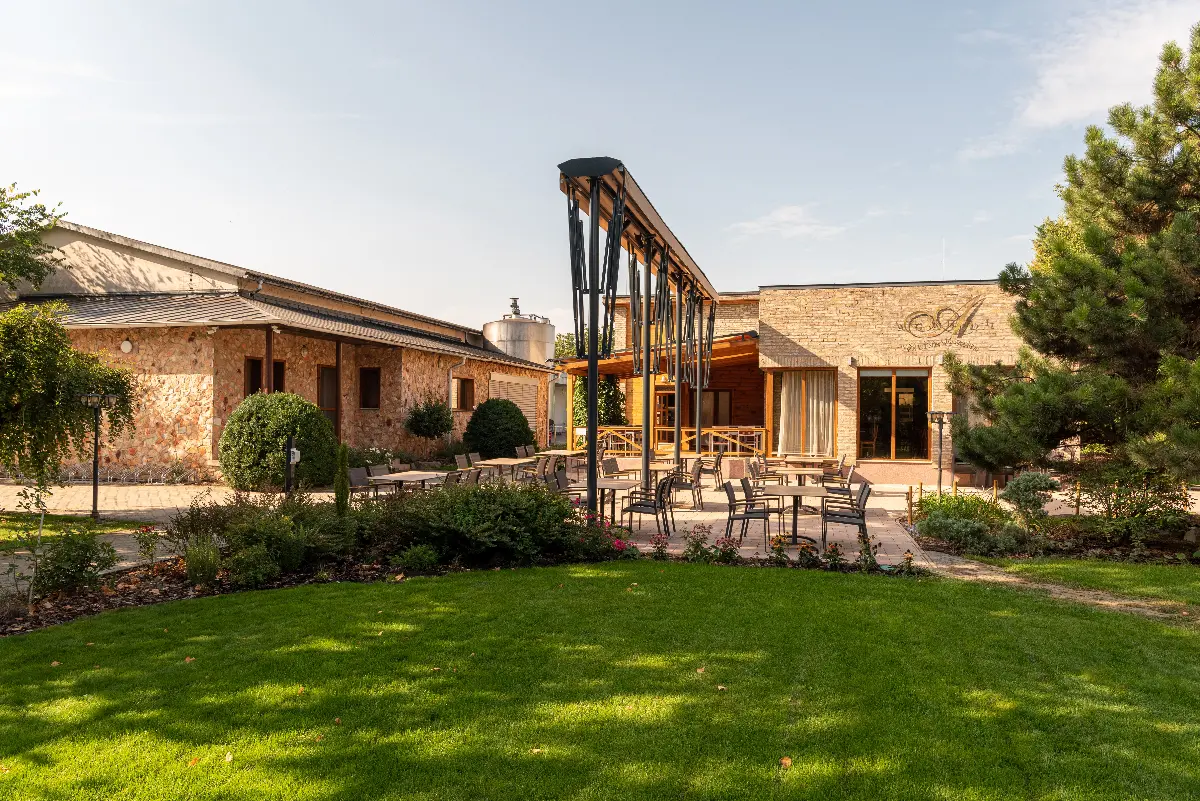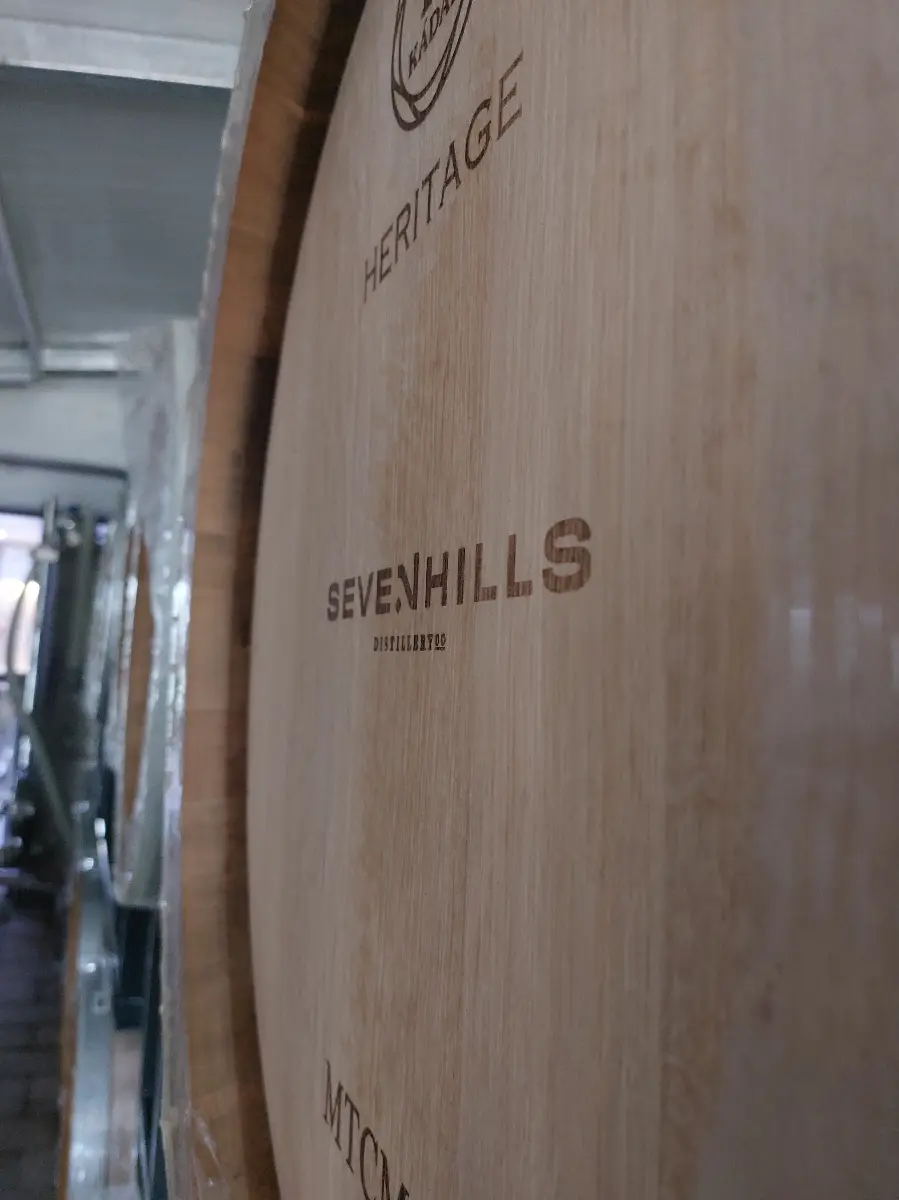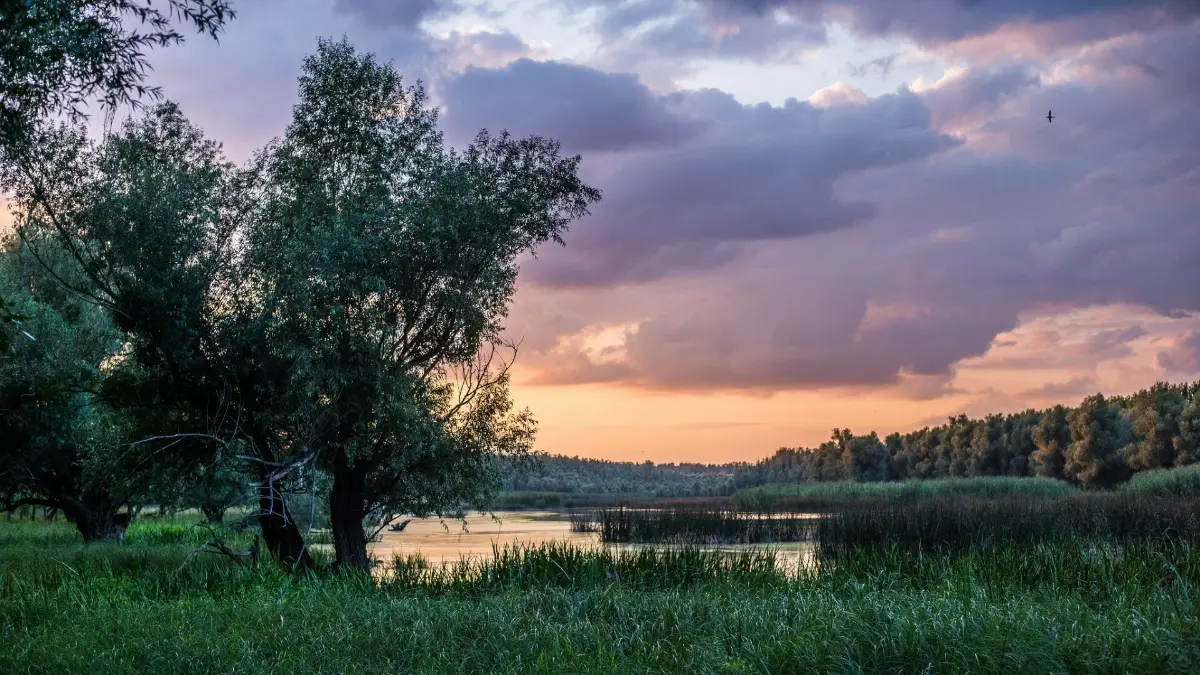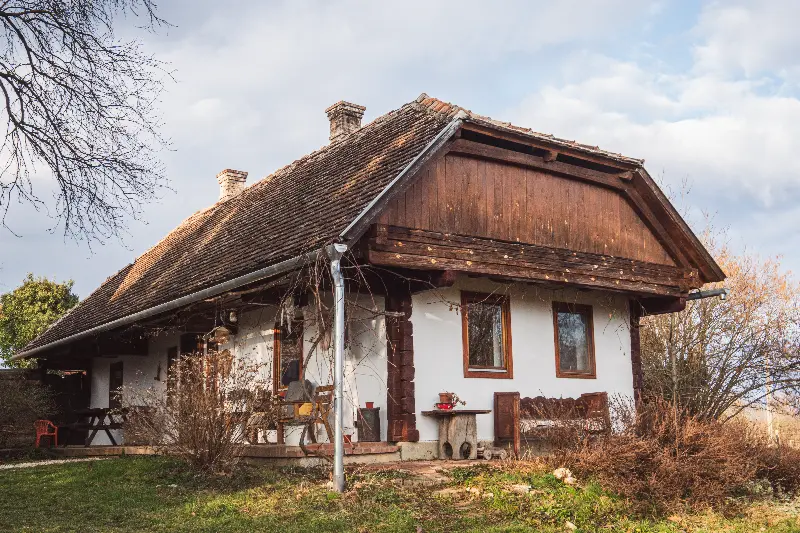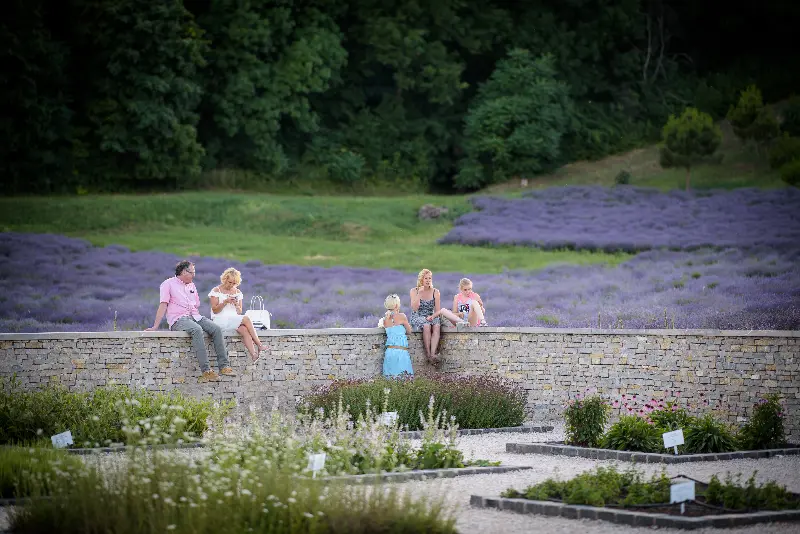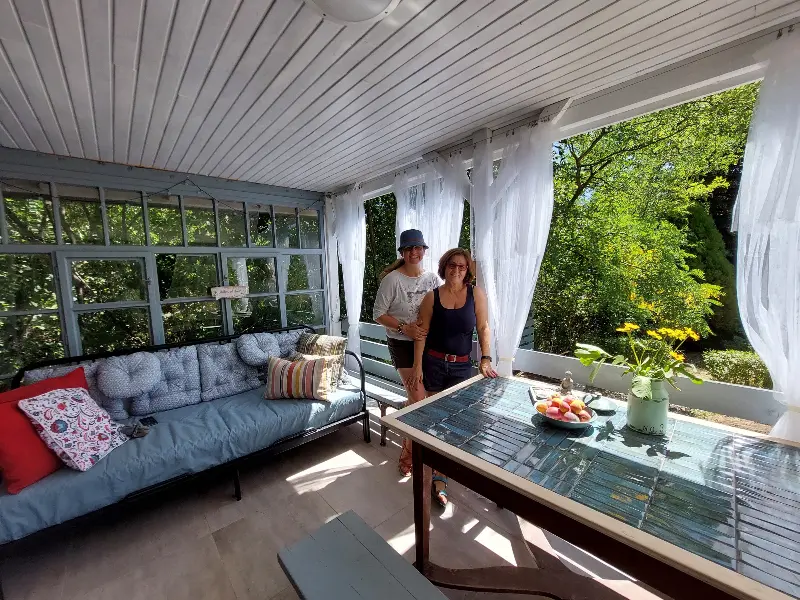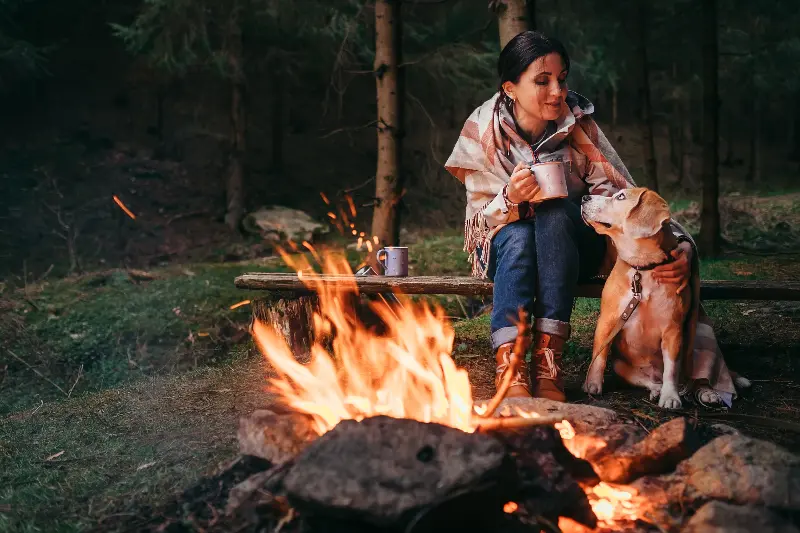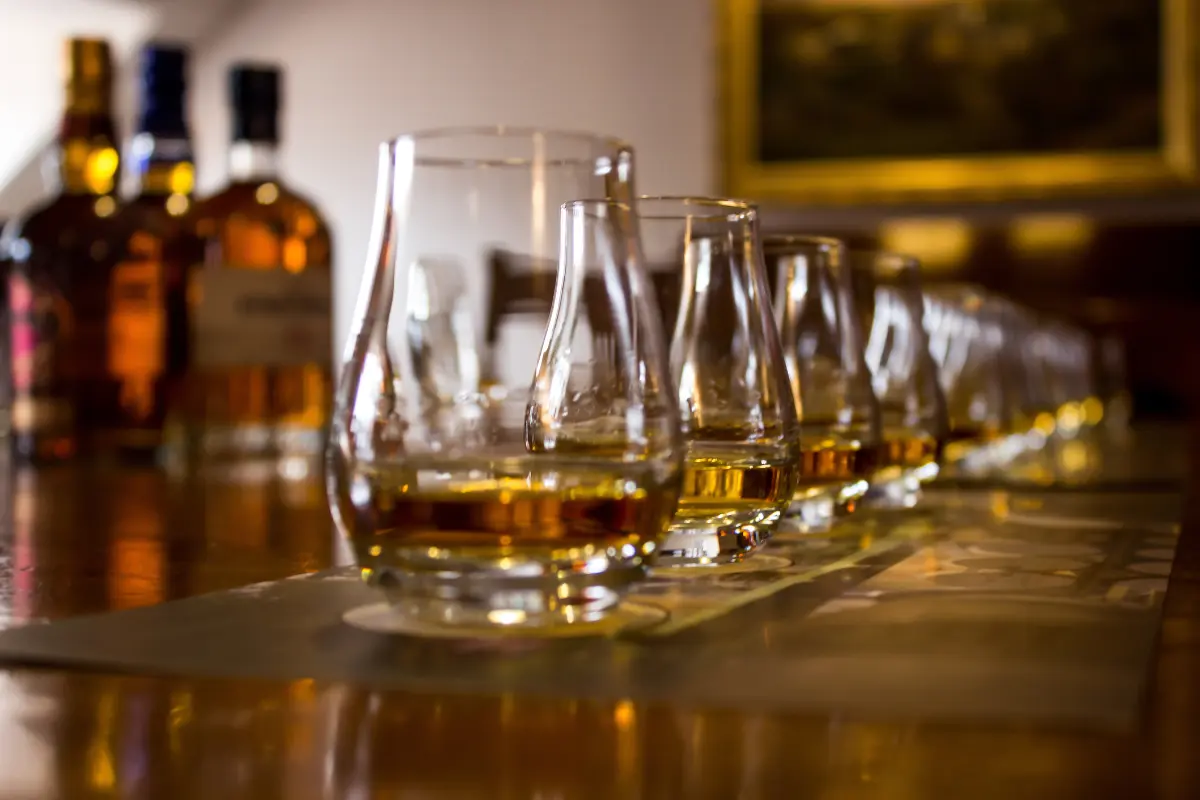
Helyszín címkék:
The golden nectar shaped by smoke, wind and oak: in the footsteps of Hungarian whiskey
Szabó Sára
“Uisge beatha”, the water of life
The history of whisky goes back hundreds of years, with its roots mostly in Scotland and Ireland. The first written records date back to the 12th century, when monks began making the water of life, or “uisge beatha.” This is where the whiskey’s name comes from. The differences between the Scottish and Irish versions have developed during history, just as whisky has conquered the world. American bourbon and Japanese whisky, for example, have gained their current form based on local tastes and ingredients, while remaining true to the original craft.
Interestingly, whiskey was an illegal beverage in Scotland for a time in the 18th century, as the British government imposed high taxes on distilleries.
As a result, there were thousands of illegal distilleries in the Scottish mountains, often operating at night, which is where the term "moonshine" comes from.
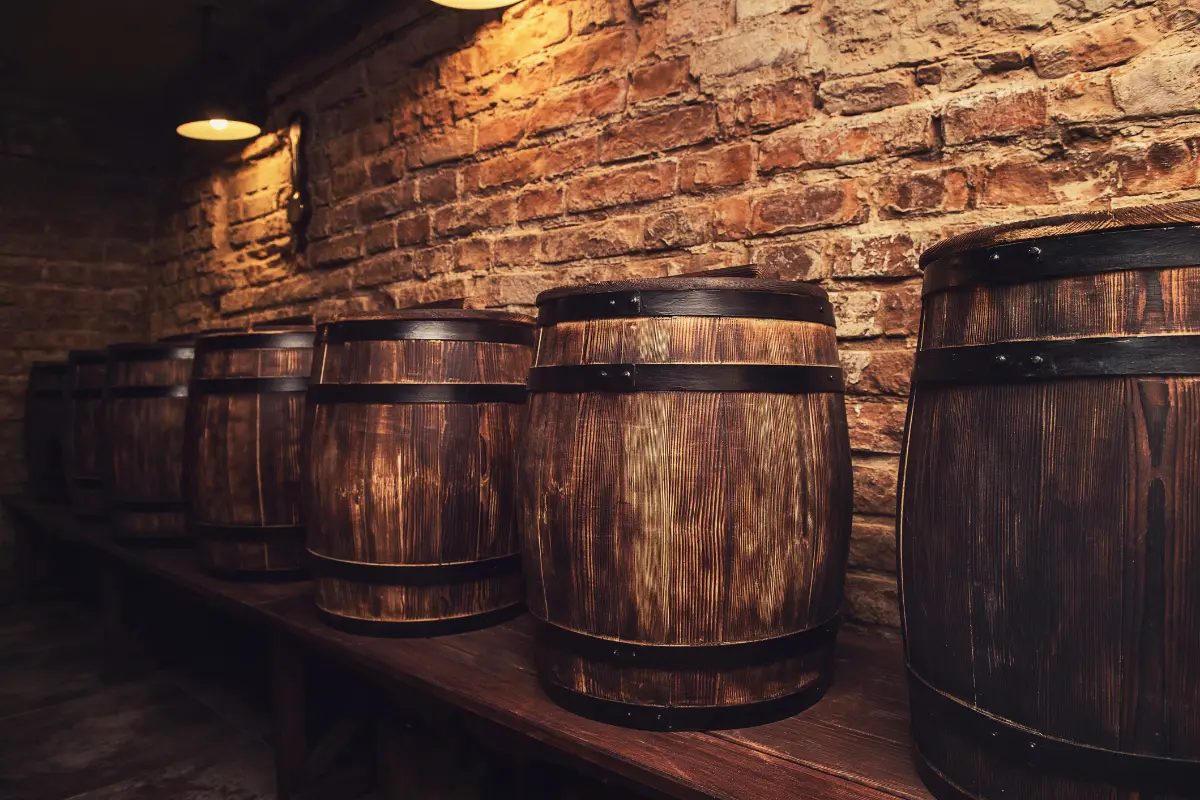
Another interesting fact is that the history of American bourbon whiskey is closely intertwined with the period after the American War of Independence, when Scottish and Irish immigrants settled around the State of Kentucky and began making the drink from corn, which grew better in the climate there.
This is how the golden nectar is made: workshop secrets from professionals
Making whisky is a true art, based on the meticulous coordination of raw materials and technology. The drink is usually made from barley, wheat, corn or rye, which are first germinated and then dried, in a process called malting. This is followed by distillation, traditionally carried out in copper cauldrons to ensure that the distillate is clear and full of character. However, the culmination of the process is maturation, during which the whisky acquires its final flavour in oak casks. The type of cask, the origin of the wood and even climatic factors influence the final result. With regard to the latter, the term 'angel's share' is a well-known term, which refers to the evaporated part of the whisky stored in the casks during the years of maturation. About 2-3% of whisky disappears from the cask every year, and although this means a loss, it is an important part of the maturation process that contributes to the final character of the whisky.
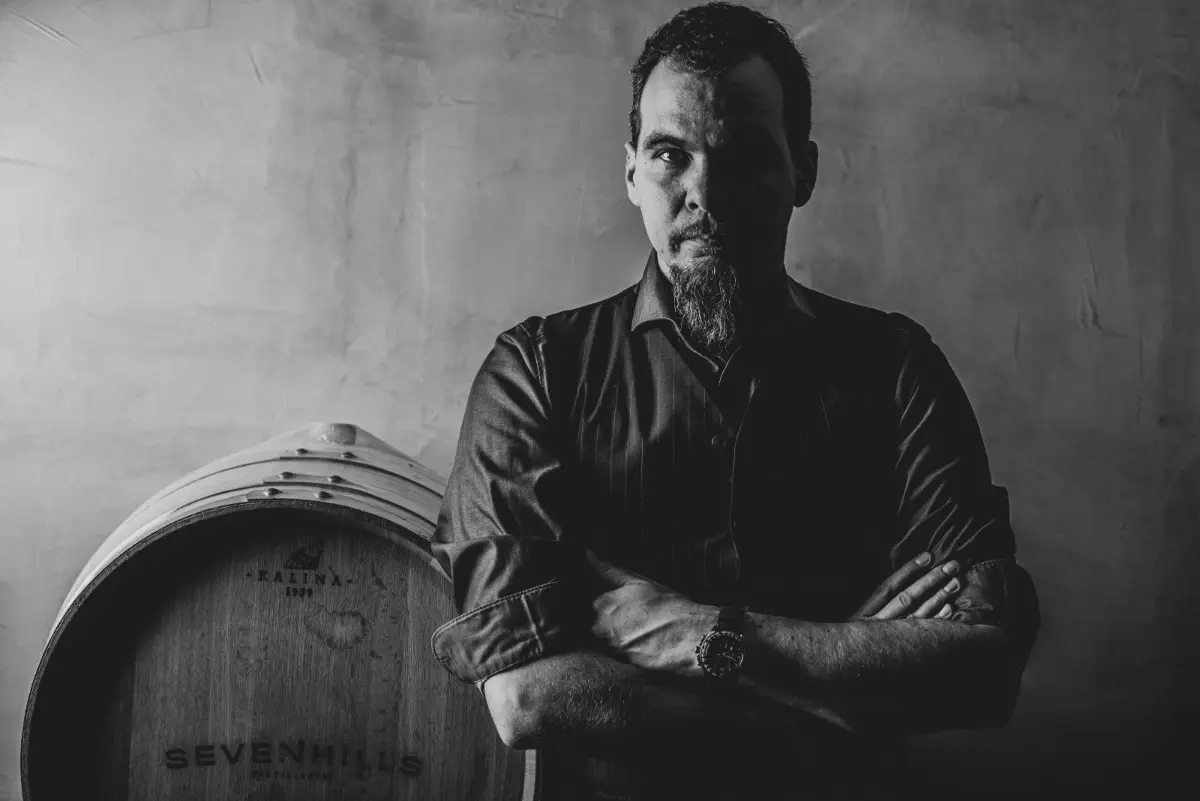
According to Dénes Mészáros-Komáromy, the owner of the Tokaj-Hegyalja Seven Hills Distillery, choosing the right climate is also extremely important due to the “angel’s share.” “From this perspective, Tokaj-Hegyalja is one of the most ideal choices in the country for making premium distillates, as the climate here allows us to minimize ageing losses.”
"I think a distillate becomes premium if in addition to the technological fine-tuning, there is also a sense of locality. We use Hungarian malt, produced at the Boortmalt's plant in Dunaújváros, which we smoke on organic aszú marc, and finally we mature the whisky in Zemplén oak casks."
– explains Dénes Mészáros-Komáromy.
Domestic sites
Just like premium distillates in Hungary, whisky is gradually growing in popularity. In addition to the commercial versions that appeared in the 20th century, quality Scotch, Irish, American and Japanese whiskeys have also gained ground in recent years. Outside the capital, in the countryside, more and more catering establishments and distilleries are engaged in educating fans of distillates, so you do not have to look far for a great tasting evening or an exciting distillery visit.
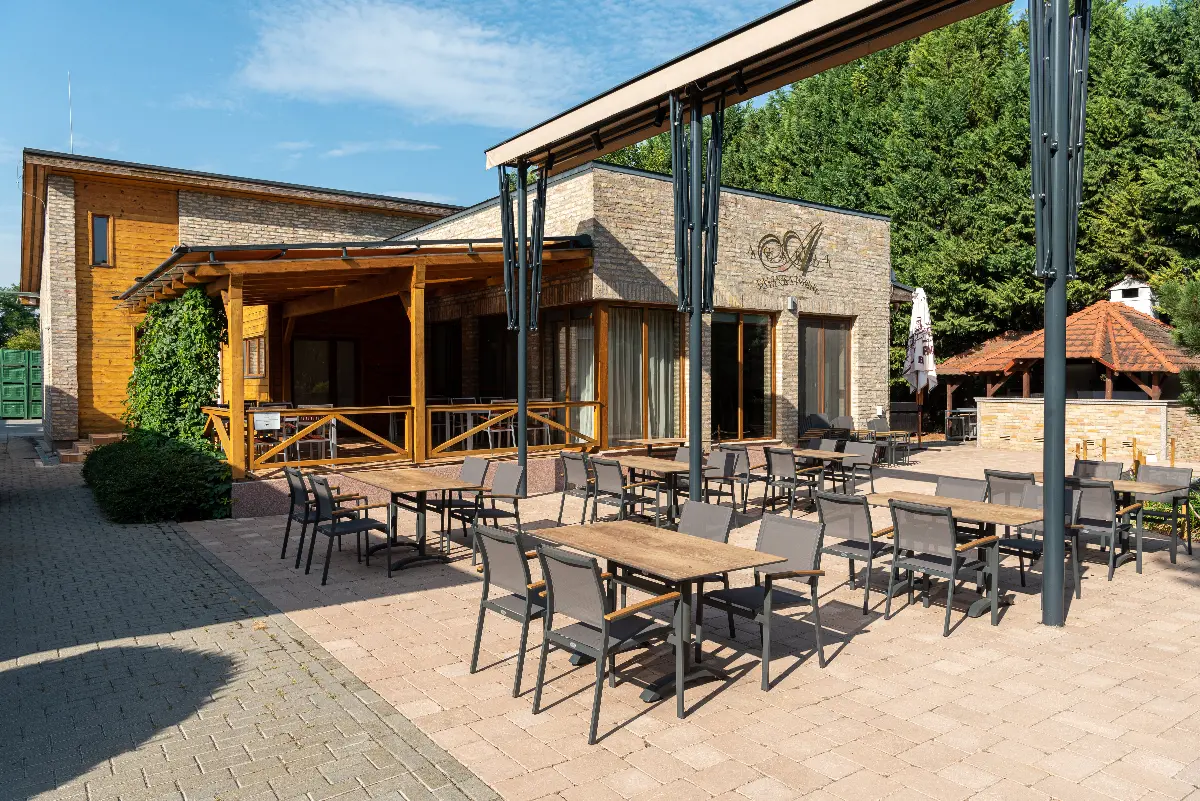
For example, the Végállomás Bistro & Wine in Miskolc regularly holds themed evenings. The bistro's extremely wide range of alcoholic beverages includes excellent whiskies, but it is also worth checking out the wine station events for whisky-themed tasting evenings. In Pécs, you also can regularly find evenings featuring excellent whisky brands among the annual programmes of the 19 Bar & Shop. If you are also interested in the process of making distillates, you can take part in an exciting distillery tour at the Seven Hills Distillery in Tokaj-hegyalja, or you can take part in a tasting combined with a distillery visit at the Distillery in Agárd or the Gemenc Distillery in Pörböly.

